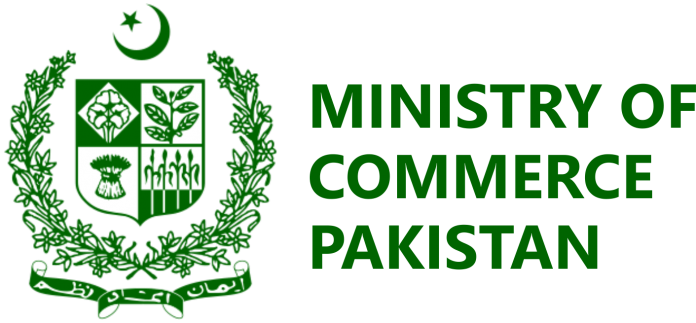ISLAMABAD: The trade policy wing of the commerce division held a Public-Private Sector Consultation on Gender and Trade Policy at the Pakistan Institute of Trade and Development (PITAD) in collaboration with Pakistan Regional Economic Integration Activity (PREIA), a USAID Funded project and PITAD on 10 July 2018.
The objective of the event was to consult the stakeholders for gender-sensitive trade policy formulation and generating actionable policy proposals for increased participation of women in the mainstream economic activities. The session was co-chaired by PITAD Director General and Commerce Division Trade Policy Director-General. The representatives of think tanks, public sector organisations, banks, academia, Women Chambers of Commerce and civil society organisations participated in the session.
Commerce Division Trade Policy Director-General, Muhammad Ashraf outlined the objectives and main policy thrust of the upcoming Strategic Trade Policy Framework (STPF) 2018-23. He said that the STPF was being formulated through an extensive consultative process and intensive policy research. A series of consultations have been held with the private and public sector stakeholders in all the major export centres including Karachi, Lahore, Peshawar, Quetta, Sialkot, Faisalabad and Islamabad. One of the bedrocks of the trade policy was inclusive growth, especially gender mainstreaming.
An international conference on gender and trade was held in Karachi as a consultative process of STPF. He said that according to the International Monetary Fund (IMF) estimates, closing the gender gap could boost Pakistan’s GDP by 30 per cent. The upcoming STPF would be introducing special policy measures to support and facilitate women entrepreneurs for entry into the international exports arena. The policy would focus on institutionalising the mechanism for adherence to the international conventions related to women, the establishment of institutions and networks, coalition making with the relevant departments, facilitating women’s access to resources, especially finances and capacity building on gender sensitivity, he said.
The participants appreciated the efforts of the Commerce Division on making gender mainstreaming as one of the priority areas of trade policy. Commerce Division Joint Secretary, Samar Ihsan informed that Pakistan was one of the 118 signatories of the Joint Declaration on Trade and Women’s Economic Empowerment that was signed on the occasion of the WTO’ Ministerial Conference in Buenos Aires in December 2017 and advocated for women participation in the international trade. The upcoming STPF 2018-23 has undertaken an important initiative to evaluate policies through gender lens to address bottlenecks and constraints for women, she added.
The participants from the leading think tanks, such as SDPI and PRIME underscored the need to initiate research in gender impact of trade policy and free trade agreements. They emphasized that the policies should provide level playing field to the women entrepreneurs and refrain from creating new women-specific interventions that later become counterproductive. The participants from academia such as Fatima Jinnah Women University stated that the impact of trade policies at the household level may also be analysed. Representative of PREIA, stressed the need for formulation of economic policies with special consideration to women entrepreneurs and labour force as they constitute 60% of the population and their social well-being had a high bearing on overall human development indicators of the country.
The participants from the trade bodies proposed that the role of Trade Development Authority of Pakistan should be enhanced to enable women entrepreneurs to participate in the international delegations and exhibitions and in this regard, series of training and capacity building exercises should be organized on regular basis.
The representative of Pakistan Women Economic Council said that the best way to reach out to women for ensuring their participation in the economic activities was to provide information through sources that were most accessible to women in general. The public sector organisations such as participants from the National Commission on the Status of Women and Planning Commission also participated in the session.
The Trade Policy Director General appreciated the inputs given by the participants and said that their proposals would be analysed by the Trade Policy wing of the Ministry of Commerce for incorporation in STPF. He assured that the draft STPF would be shared with the National Commission on the Status of Women for analysis from gender lens, before its finalisation.
























